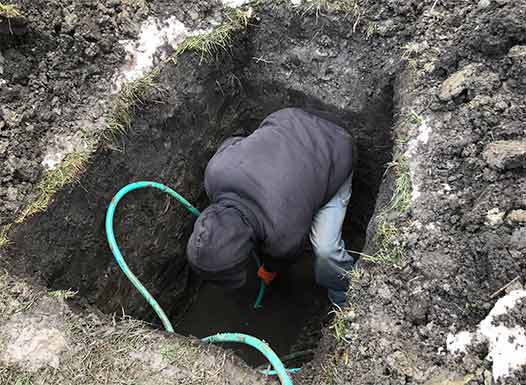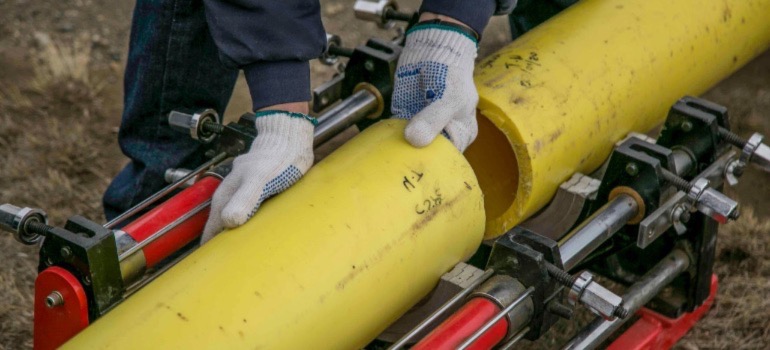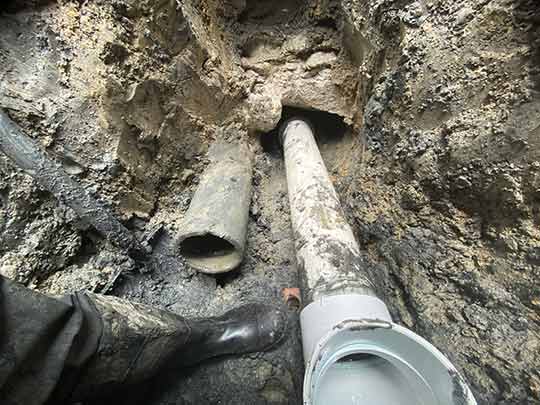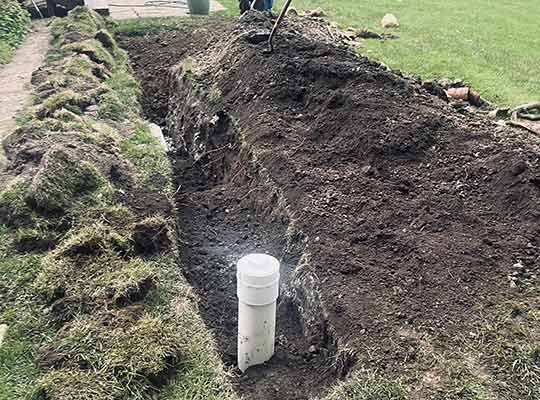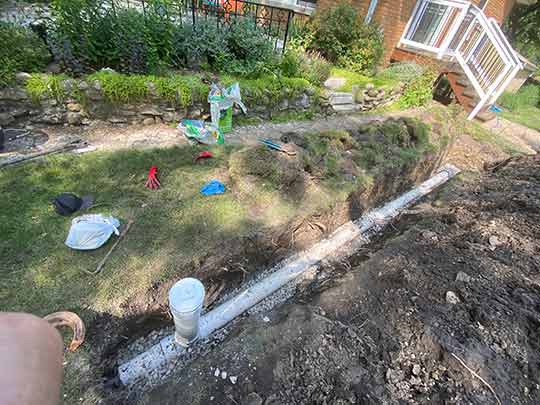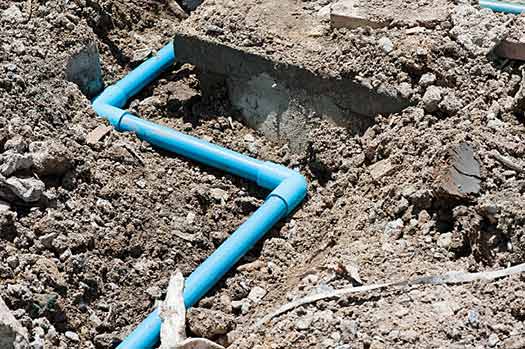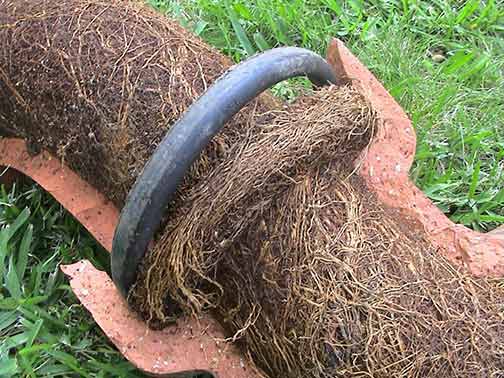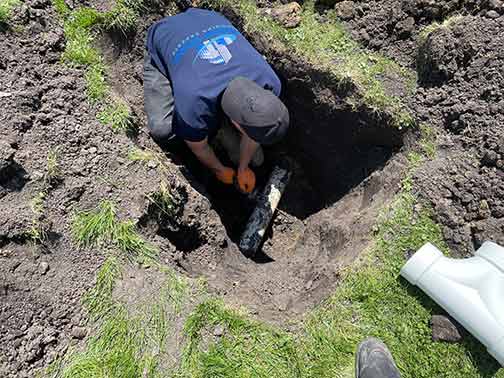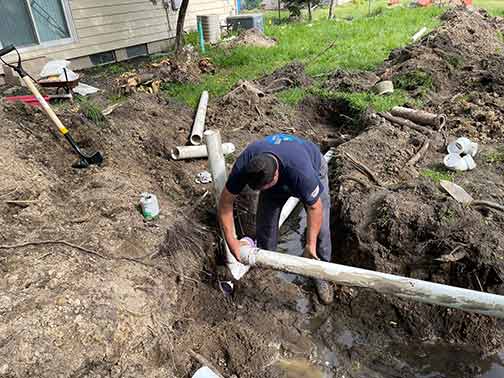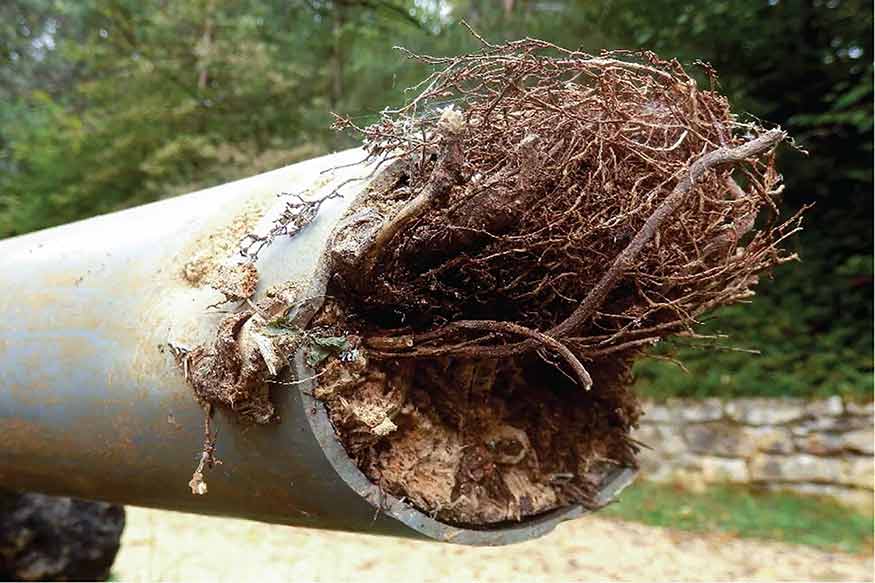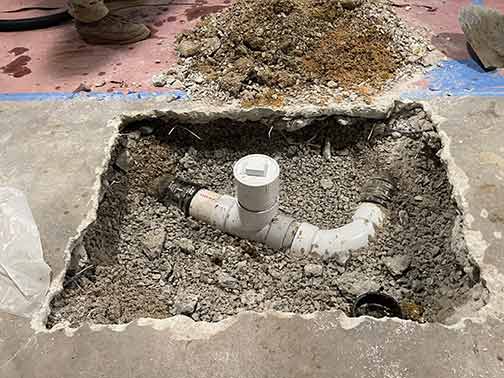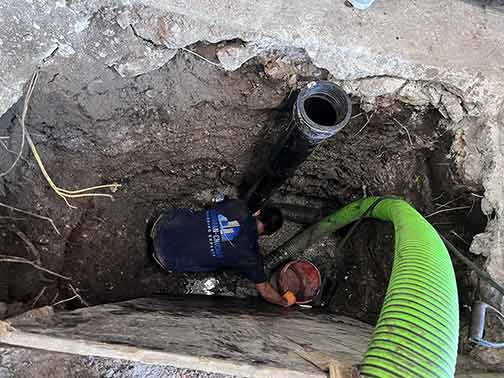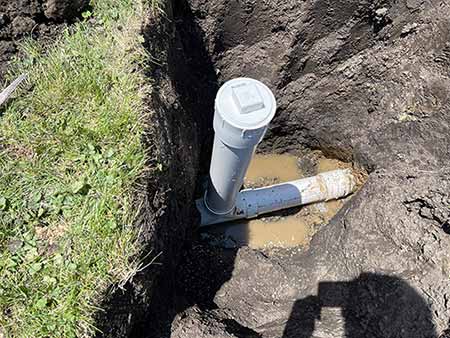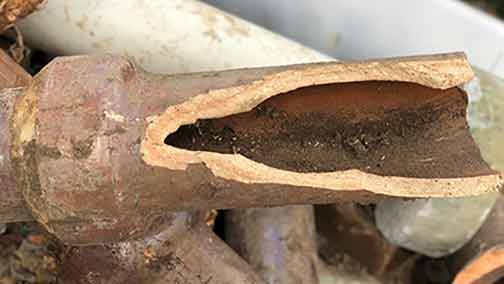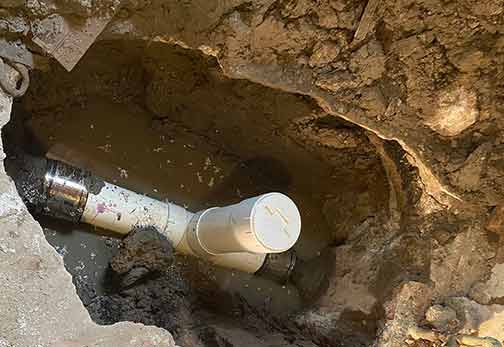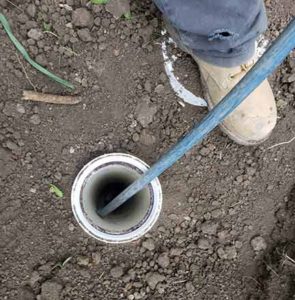The Importance of Sewer Line Repairs
Sewer line repairs are a crucial aspect of maintaining a functional plumbing system in any property. The sewer lines are responsible for carrying wastewater from our sinks, toilets, and showers to the main sewer system. Without proper maintenance and timely repairs, sewer lines can become damaged or blocked, leading to a range of issues such as backups, leaks, and foul odors. These problems not only disrupt daily activities but also pose health risks to occupants and can result in extensive damage to the property.
Challenges of Winter Time for Sewer Line Repairs
Winter weather conditions present unique challenges for any kind of outdoor repair work, and sewer repairs are no exception. The combination of freezing temperatures, snow, and ice can make it difficult to access and repair sewer lines effectively. Some of the key challenges faced during winter time sewer line repairs include:
1. Frozen Ground
During winter, the ground becomes frozen, making it more challenging to excavate and reach the sewer lines. Frozen soil can be hard to dig through, which leads to increased labor and time required for repairs. Additionally, the frozen ground can also shift and settle, potentially causing further damage to the sewer lines.
2. Elevated Risk of Pipe Damage
Extreme cold temperatures can cause sewer pipes to freeze and even burst. When water inside the pipes freezes, it expands, putting pressure on the pipes and increasing the likelihood of cracks, leaks, or complete failure. Performing repairs in such conditions can be risky and may result in additional damage to the sewer lines.
3. Limited Access
During heavy snowfall, access to sewer lines may be hindered due to the accumulation of snow and ice. This can make it difficult for repair technicians and equipment to reach the site of the repair. Snow plowing and clearing may need to be undertaken before repair work can even begin, further delaying the process.
4. Safety Concerns
Working outdoors in winter conditions introduces various safety concerns for repair crews. Slippery surfaces, reduced visibility, and cold temperatures can increase the risk of accidents and injuries. These safety concerns must be carefully considered when scheduling sewer repairs during winter.
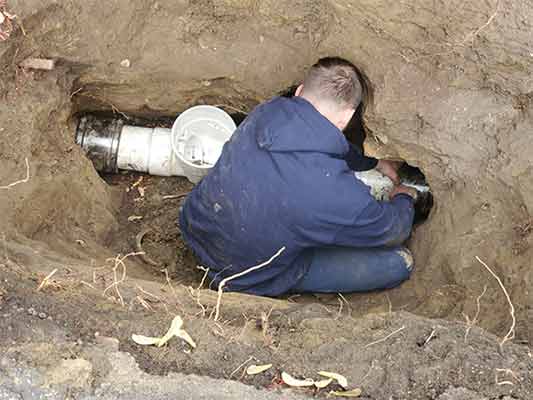
Minor issues can potentially be addressed temporarily, with full repairs scheduled for a later date when weather conditions are more favorable.
Factors to Consider When Scheduling Winter Time Sewer Line Repairs
While winter time repairs pose challenges, there may still be situations that require urgent attention to sewer line issues. When scheduling sewer line repairs during winter, several factors should be taken into account:
1. Severity of the Problem
The severity of the sewer line problem should be carefully evaluated. If it poses an immediate threat to the property or occupants’ health and safety, repairs should be scheduled promptly, even in winter. Minor issues can potentially be addressed temporarily, with full repairs scheduled for a later date when weather conditions are more favorable.
2. Availability of Expert Technicians
Ensure that experienced and skilled technicians are available to perform the repairs. They should have the necessary knowledge and equipment to handle sewer line repairs in winter conditions safely and effectively. It is essential to hire professionals with experience in winter-time repairs to minimize the risk of errors or further damage.
3. Weather Forecasts
Closely monitor weather forecasts to identify periods with more favorable conditions for sewer line repairs. Choose a timeframe where temperatures are expected to be milder, reducing the risk of frozen ground or freezing pipes. Plan the repairs during a period with minimal snowfall to facilitate easier access to the sewer lines.
4. Proper Assessment and Preparation
Prior to scheduling the repairs, conduct a thorough assessment of the sewer line issues. This includes identifying the specific areas of damage and evaluating the extent of repairs required. Adequate preparation is crucial to ensure the repair crew has the necessary tools, equipment, and materials to address the problem effectively.
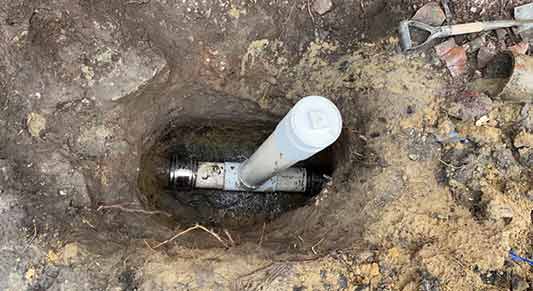
If you are facing a serious sewer line problem that requires immediate attention, scheduling repairs during winter allows you to resolve the issue promptly.
Benefits of Scheduling Winter Time Sewer Line Repairs
While it may be challenging, scheduling sewer repairs during winter can have its advantages:
1. Reduced Availability and Wait Times
Since fewer people opt for repairs during winter, the availability of skilled technicians may be higher, and wait times may be shorter. This means you can have your sewer line issues addressed promptly without lengthy delays.
2. Immediate Resolution of Urgent Problems
If you are facing a serious sewer line problem that requires immediate attention, scheduling repairs during winter allows you to resolve the issue promptly. Postponing repairs can lead to worsening conditions and additional damage, so addressing the problem as soon as possible is essential.
3. Early Detection of Hidden Issues
Winter repairs provide an opportunity to identify and address hidden sewer line issues. Freezing temperatures can exacerbate existing problems, allowing them to become more apparent. By addressing these issues early on, you can prevent further damage and potential emergencies in the future.
4. Peace of Mind
By scheduling winter time sewer repairs, you can have peace of mind that the necessary repairs have been made to ensure the proper functioning of your plumbing system. This reduces the risk of unexpected issues arising during the colder months and provides a more comfortable living environment for occupants.
Conclusion
While there are certainly challenges associated with scheduling sewer line repairs in winter time, it is still possible to address urgent issues during this season. By carefully considering the severity of the problem, availability of expert technicians, weather forecasts, and proper assessment and preparation, you can minimize the impact of winter weather conditions and ensure the prompt resolution of sewer line issues. Taking action during winter also brings the benefits of reduced availability and wait times, immediate resolution of urgent problems, early detection of hidden issues, and peace of mind. Don’t hesitate to consult plumbers in your area to determine the best course of action for your specific sewer line repairs during winter.
